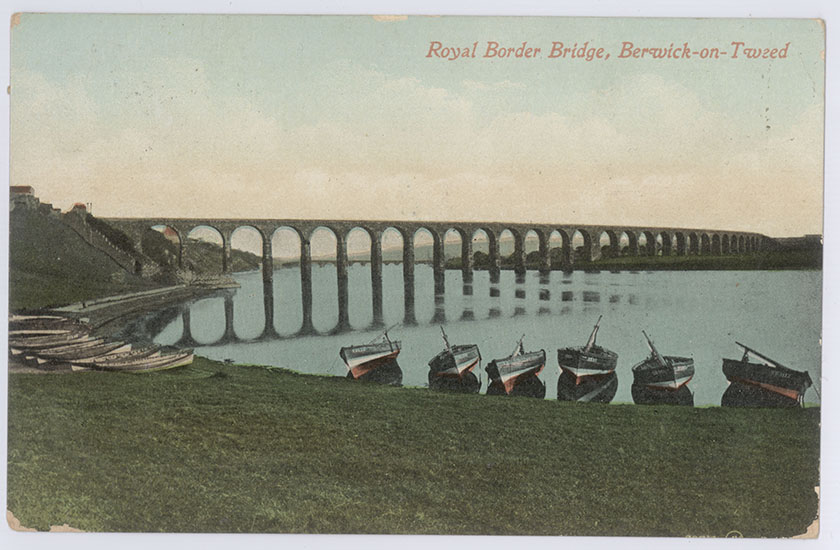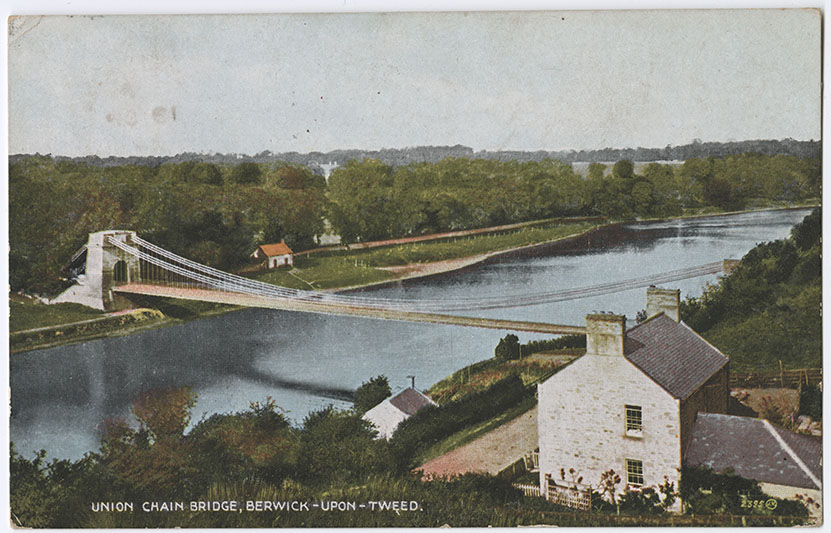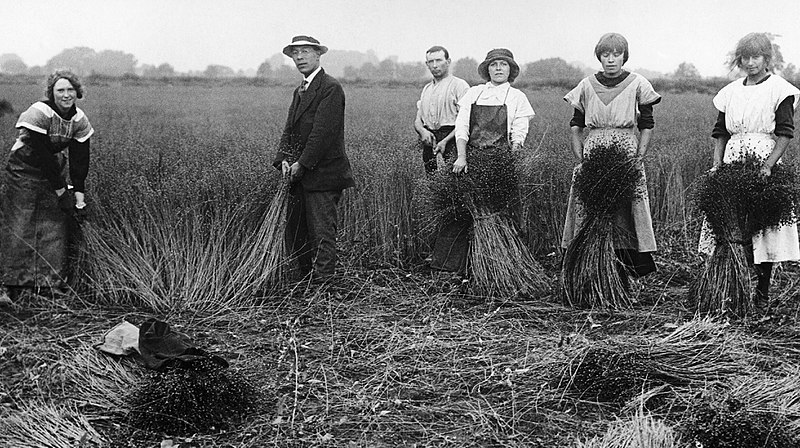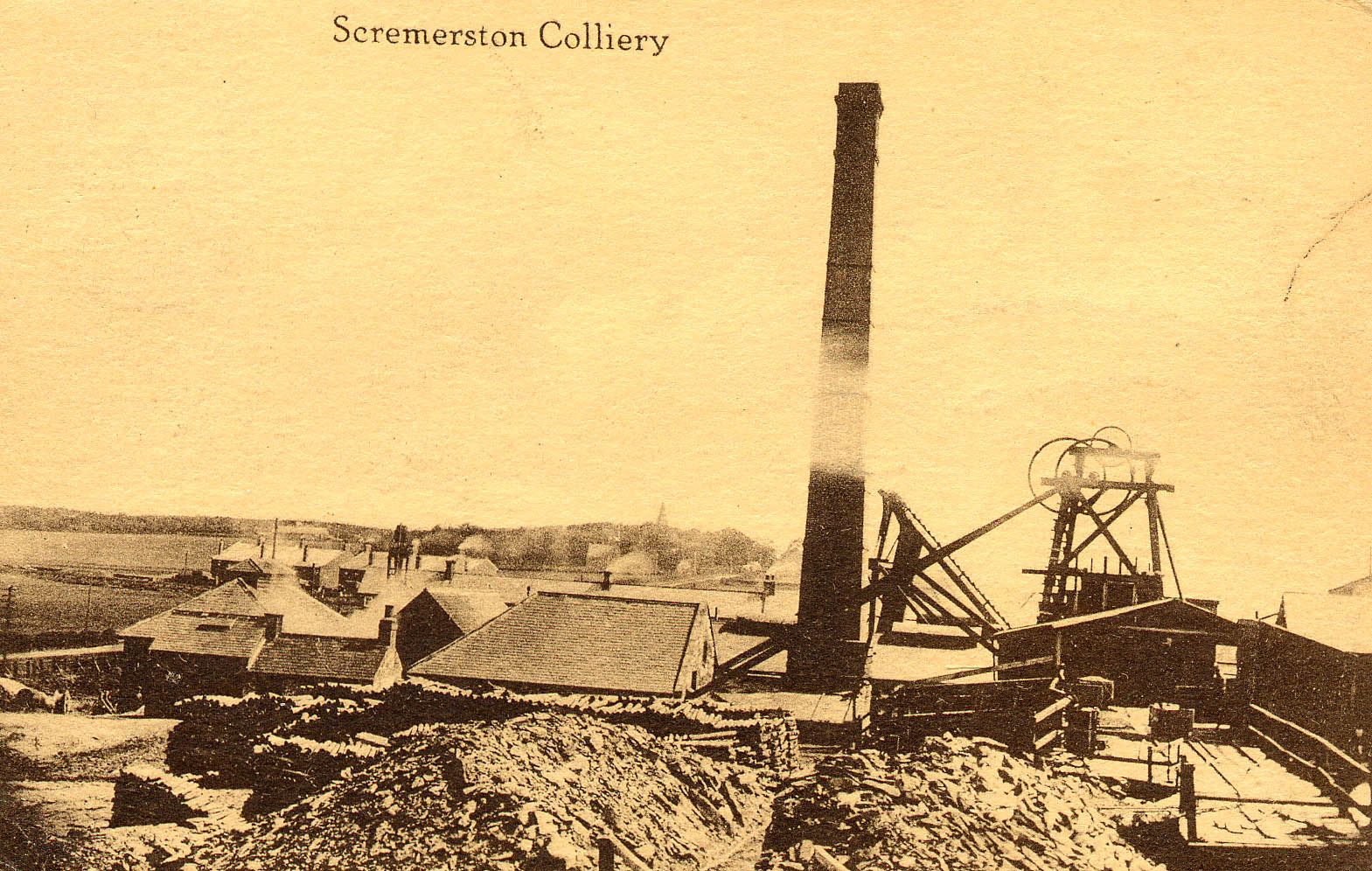THE PASSING OF NED CUTLER
AN INTERESTING LINK WITH THE PAST BROKEN
In passing of Edward Martin, or “Cutler Ned” as he was perhaps best known, Berwick has lost an old standard and a link with the past. Ned, who was never the same after the death of his wife in 1922, has been in failing health and very feeble for some years and has been practically an invalid for a considerable period. He died on Saturday at the age of 94.
Some fifteen years ago “Ned” was going strong and never missed a day at his accustomed stance outside the shop of Messrs Redpath and Son, drapers. High Street in fact was not complete in those days without “Cutler Ned.” The old man was ever ready for a “crack,” but no matter how much he talked or how long the yarn was that he was prevailed upon to spin, his cutler’s wheel never ceased to revolve merrily.
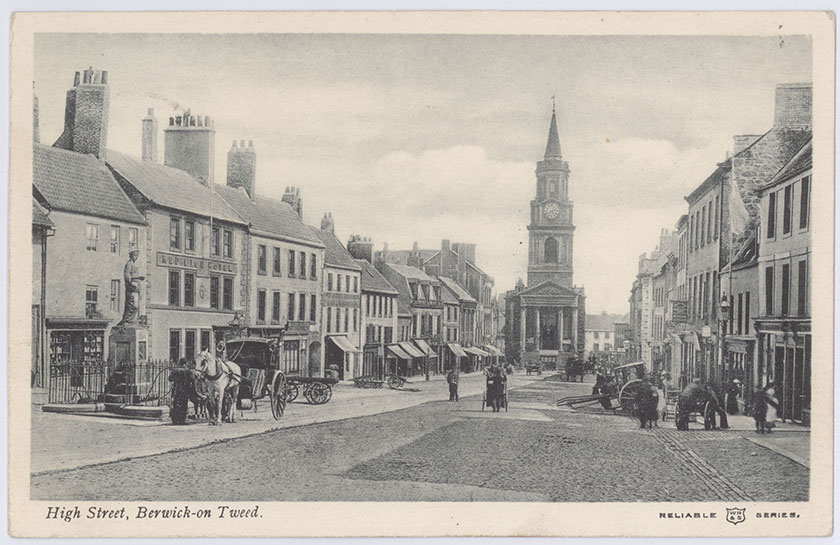
Many a time he told his inimitable angling stories to his acquaintances, the emery wheel meanwhile filling in the gaps with a steady “bizz.” How often he told of a big fight he had with a heavy sea trout just below Canty’s Bridge and ultimately lost it. If his auditors were not mistaken, the grinding wheel was wont to give an extra angry “bizz” when this unfortunate ending of the story came.
He used to tell with great glee, of how he once put a number of Spittal men on their guard that Temple, the bailiff, was watching them as they passed down the river en route to the “babbin” while Ned was fishing from the Pier. Temple, who was a bit of a tough nut, threatened on the occasion that he would throw Ned into the river, but the old hearty laughed in his face and told him to get on with the business.
There were few, if any, could come up to Ned at wielding the rod, either on Tweed or Whitadder. He prided himself that he knew every inch of either stream from Ellemford to Berwick, where trout were likely to lie. He scorned the use of waders for many years and candidly told other anglers that he had no use for such new-fangled notions. Twenty years ago, he could be seen whenever he had a slack day, casting a line as true as a dart with a long rod from the bank.
It was rather fun to the youngsters to stand a little way behind him and hear him reasoning with himself quite audibly how best to get a big fellow to rise, which he knew was there, though not a movement showed on the surface. Ned was a born angler, there was not the slightest doubt about that. Times came when even his attention to business gave way before the call of the tinkling of waters over mossy stones.
Ned was not a native of Berwick, though he might almost have been counted as one. He was born in 1830 and for a time worked in Glasgow, where he met his wife. The pair decided on a runaway marriage, the popular vogue in those days, and in 1851 they arrived at Lamberton Toll, and there were made one through the instrumentality of the Priest, William Thompson. The certificate is in the hands of the family to this day. It is the usual Border marriage certificate and is certified at the end as follows: “Married by me on the 3rd of January 1851-William Thompson.”
There were eight children of the marriage, four sons and four daughters, all of who are in good positions in England.
Ned had a host of good stories always ready to tell of people and happenings in Berwick up to fifty years ago. The high times old angling cronies had in Mrs Tim’s and Taffy Jack’s hostelries were well worth preserving, but as the families of the worthies who used to foregather are still in the town, silence is best.
GLENDALE PLOUGHING AND HEDGE CUTTING COMPETITIONS
The interesting ploughing and hedge-cutting competitions promoted by Glendale Agricultural Society will be held at Doddington, weather permitting, on Thursday, 8th January, when it is anticipated there will be keen competition in all classes. There are five classes in all for ploughing, prizes being offered for work done by any type of plough, swing ploughs and wheel ploughs. Special prizes are also offered for best start, finish, and two classes for hedge-cutting and laying, and all the North- country experts are certain starters.
THE STORM ON THE BORDERS
FLOODS AND DAMAGE BY GALE
Though Berwick and the surrounding districts got off comparatively lightly in the great storm of wind and rain which swept the country at the weekend, other parts of the blast, and damage was done in several occasions.
The Tweed rose rapidly inconsequence of torrential rain in the West country, and at Melrose it was said to have risen like a wall of water. Many portions of low lying haugh and fields abutting the river, were under water and scenes at the caulds and salmon ladders were such as not to be readily forgotten.
At the river flood gauge near the Chain Bridge the water rose to about three-quarters of an inch below the abnormal mark of the flood of some seven years ago. Numbers of spawned salmon, sickened by the density of the flood were noted about the shallows, turning on their backs. Large quantities of fencing and fallen timber were washed down the river, to provide a welcome Yule log for the poor, who were out by times to see what was going. The Tweed got above its banks in the vicinity of Horncliffe and Norham and flooding took place.
The river was at its highest flood level in the early hours of Sunday morning, and it is still running big and red.
Monday night saw a repetition of the gale, though rain hardly fell in such quantities. A stiff breeze was blowing about eight o’clock in the evening and this steadily freshened until it blew a gale towards midnight. Some damage was done to old properties in the town, slates and chimney tops being shaken from their fastenings. Wireless aerials too came in for a rough handling with the blast. A heavy blast of rain laid the wind considerably ere morning.


